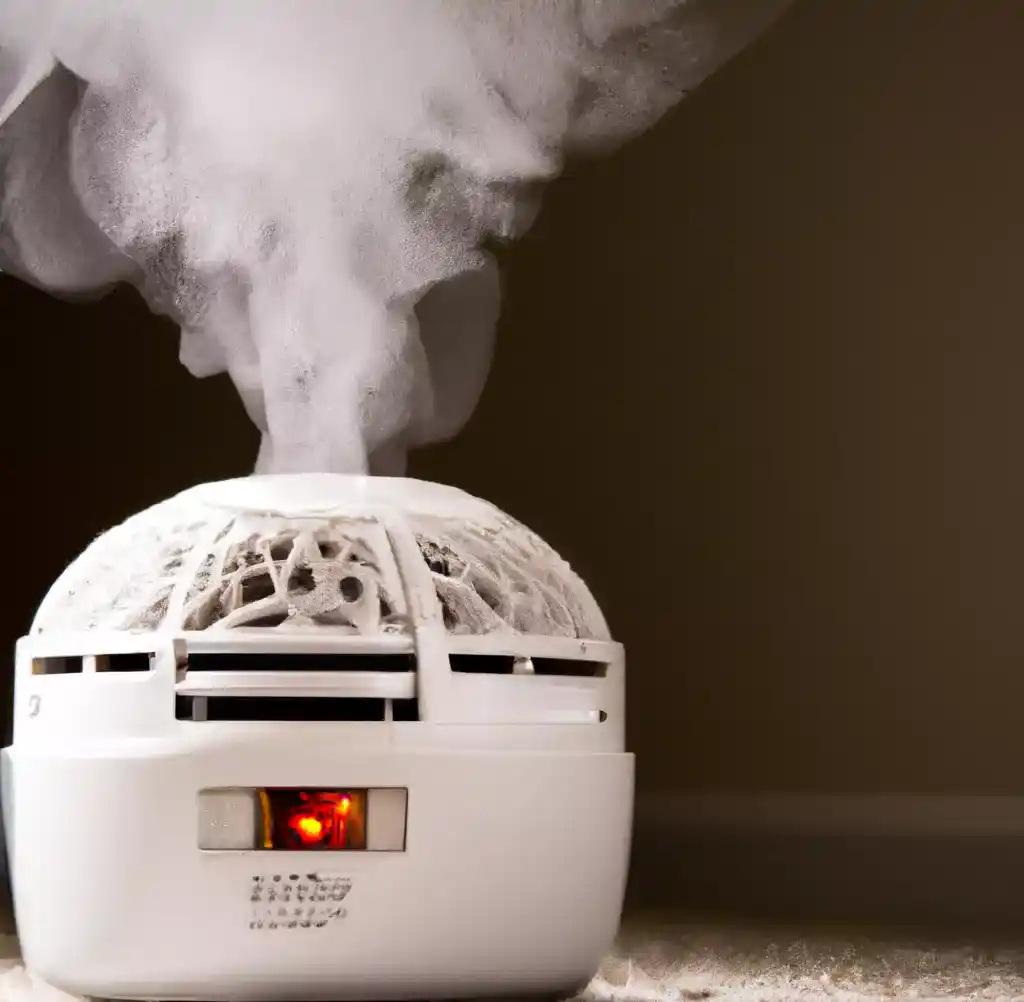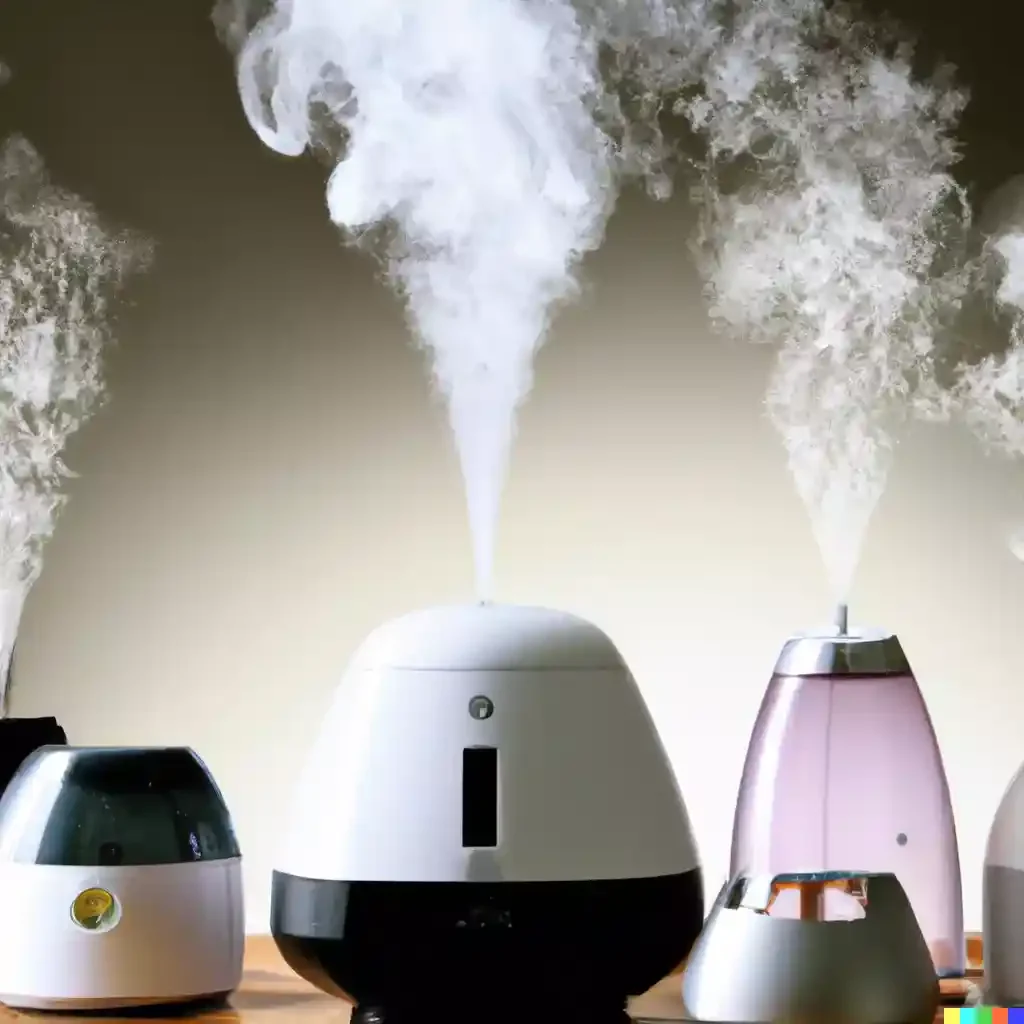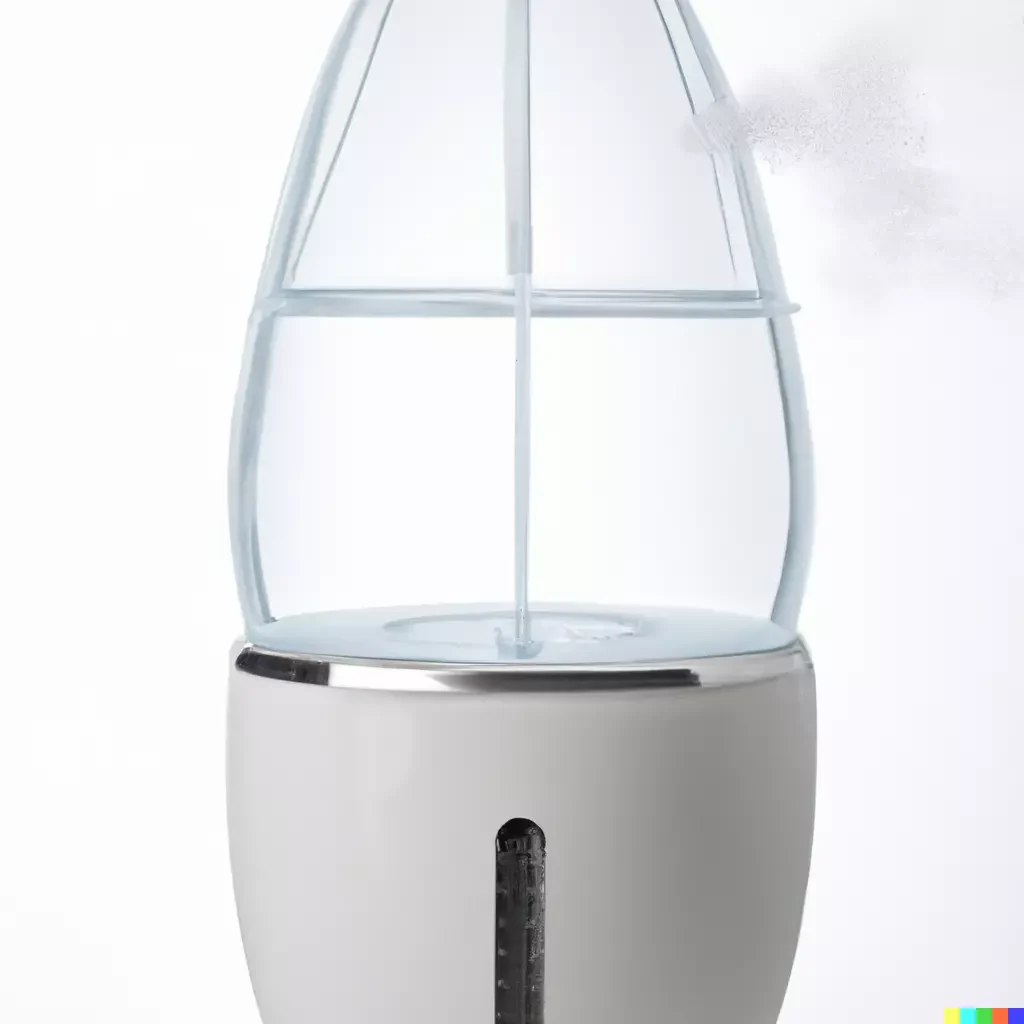Can a humidifier set off a smoke alarm? This is a valid concern, as smoke alarms are designed to detect the presence of smoke and alert homeowners to potential fire hazards.
In this blog post, we will explore the connection between humidifiers and smoke alarms and provide tips on how to prevent your humidifier from setting off your smoke alarm.
The Connection Between Humidifiers And Smoke Alarms
Humidifiers can potentially set off smoke alarms due to the release of steam, which can be mistaken for smoke by the alarm.
Steam is water vapor that is created when a humidifier adds moisture to the air, while smoke is the byproduct of burning. It can be difficult to differentiate between the two because both steam and smoke are invisible to the naked eye.
To avoid triggering a smoke alarm, maintain a clean, mold-free humidifier that doesn’t produce visible smoke.
It is also recommended to place the humidifier away from the smoke alarm to reduce the chance of steam setting off the alarm.
Moreover, a humidifier equipped with a built-in humidistat that automatically switches off when the desired humidity level is attained can further prevent steam buildup.
Prevent humidifiers from triggering smoke alarms by using a home-designed humidifier, ensuring proper installation and maintenance.
You should read the instruction manual and follow the manufacturer’s recommendations for the care of your humidifier.
What Humidity Level Sets Off Smoke Alarms?
Smoke alarms are designed to detect visible smoke, which is created by burning materials such as wood or plastic.
While high humidity from a humidifier’s steam release generally doesn’t trigger smoke alarms, exceptionally high room humidity can cause sensor condensation, leading to a false alarm. The specific humidity threshold varies based on factors like smoke alarm type and surrounding humidity levels.
Smoke alarms are not designed to detect humidity, and it’s not a function of them.”
The humidity level triggering smoke alarms isn’t fixed, as alarms respond to a combination of factors, including smoke, heat, and other variables.
That’s why it can be difficult to determine a specific humidity level that will set off a smoke alarm.
Can a Humidifier Trigger a Smoke Alarm?
Improper maintenance or placing the humidifier too close to the smoke alarm can potentially trigger it.
Steam released by the humidifier can cause condensation on the smoke alarm sensor, which can trigger a false alarm.
Additionally, if the humidifier has mold or other contaminants inside, it can produce visible smoke that can set off the alarm.
To prevent this from happening, it is important to keep the humidifier clean and free of mold or other contaminants.
Position the humidifier away from the smoke alarm and choose one with a built-in humidistat for automatic shut-off at the desired humidity level. Ensure proper installation and maintenance following the manufacturer’s care recommendations. If recurrent false alarms occur, contact the manufacturer or a professional for advice.
Can a Diffuser Set Off a Smoke Alarm?
A diffuser, which is used to disperse essential oils into the air, can potentially trigger a smoke alarm if the unit is not properly used or if it is placed too close to the smoke alarm.
Heat-based diffusers vaporize essential oils using heat, creating a mist released into the air. If placed too close or poorly maintained, heat may cause sensor condensation, potentially triggering a false alarm. Also, if the diffuser contains contaminants, visible smoke can set off the alarm. To prevent this from happening, it is important to follow the manufacturer’s instructions for using and maintaining the diffuser.
Place the diffuser away from the smoke alarm and select one with automatic shut-off for safety when water runs out. Also, make sure it’s designed for home use and follow the manufacturer’s care recommendations for installation and maintenance.
If false alarms persist and you suspect the diffuser, consult the manufacturer or a professional for guidance.
How to Stop Your Humidifier From Setting Off a Fire Alarm
Here are a few tips to prevent a humidifier from setting off a fire alarm:
-
Keep the humidifier clean: Regular cleaning prevents mold and contaminants, reducing the risk of visible smoke and alarm triggers.
-
Place the humidifier at least 20 feet from the fire alarm to reduce the risk of steam triggering the alarm.
-
Choose a humidifier with automatic shut-off based on desired humidity to minimize steam and alarm triggers.
-
Select a home-appropriate humidifier and maintain it properly.
-
Follow the manufacturer’s instructions for proper humidifier care and operation.
-
Maintain the ideal home humidity level of 30-50% to prevent sensor condensation and false alarms.
-
Regularly check batteries, test the alarm monthly, and ensure it has fresh batteries.
-
Contact the manufacturer or a professional for recurring false alarms linked to the humidifier.
By following these tips, you can help prevent your humidifier from setting off a fire alarm.
Conclusion: Can a Humidifier Set Off a Smoke Alarm
In conclusion, a humidifier’s steam release may trigger a smoke alarm, as it can be mistaken for smoke.
It is important to keep the humidifier clean and free of mold or other contaminants that can produce visible smoke.
Position the humidifier away from the smoke alarm and opt for one with a built-in humidistat to minimize the risk of triggering the alarm with steam.
Ensure you select a humidifier designed for home use and adhere to the manufacturer’s care and maintenance instructions.
While a humidifier can potentially trigger a smoke alarm, it is entirely preventable through proper maintenance and usage. By following these tips, you can prevent this issue and keep your home safe.





